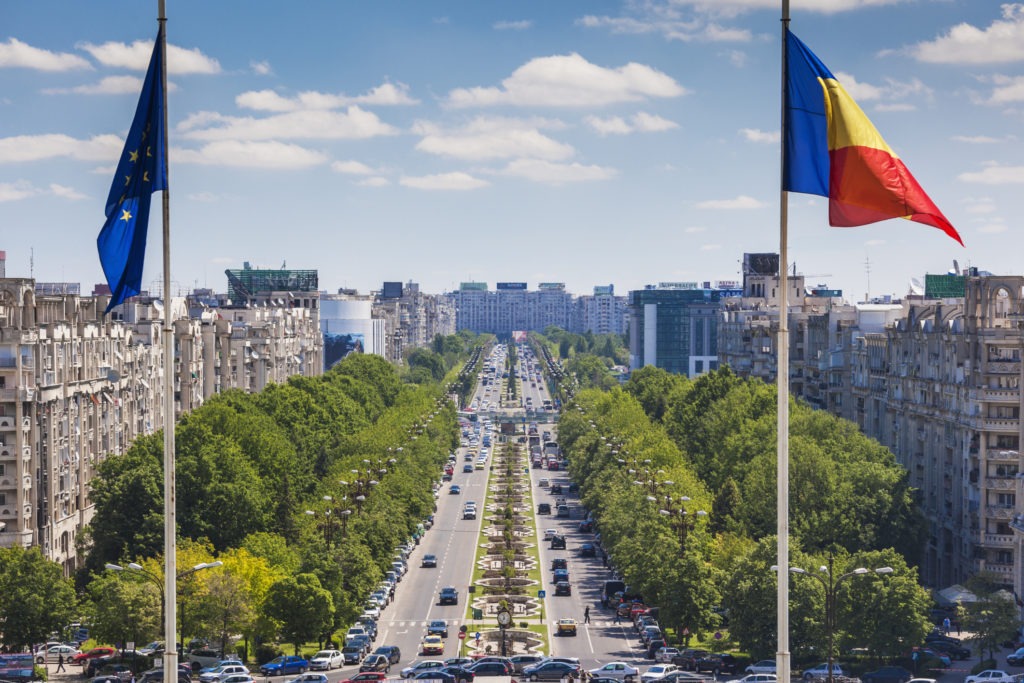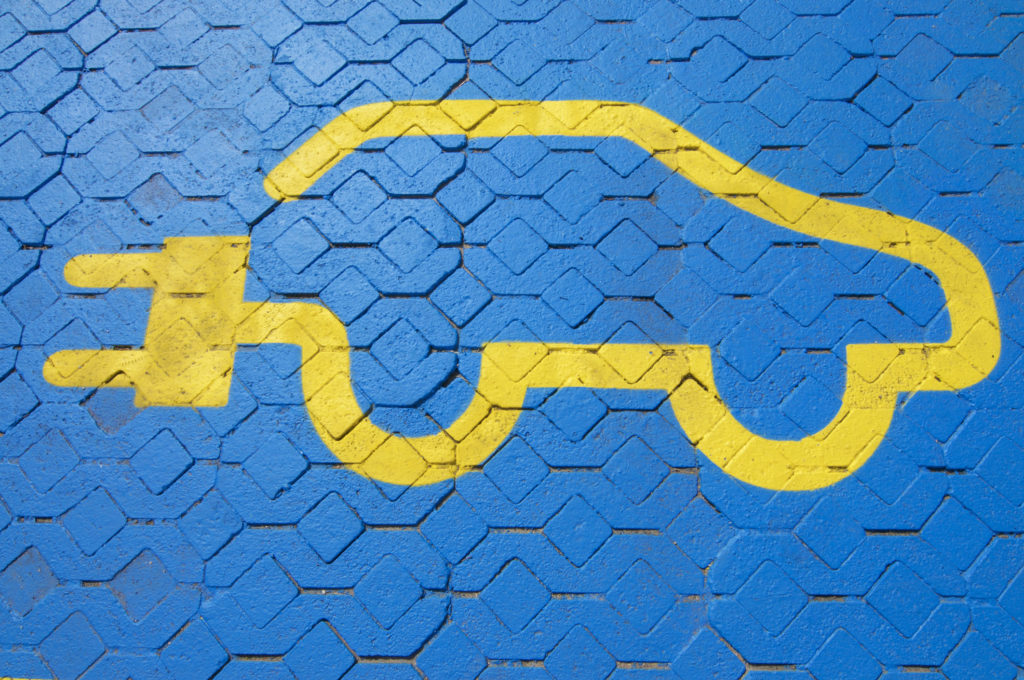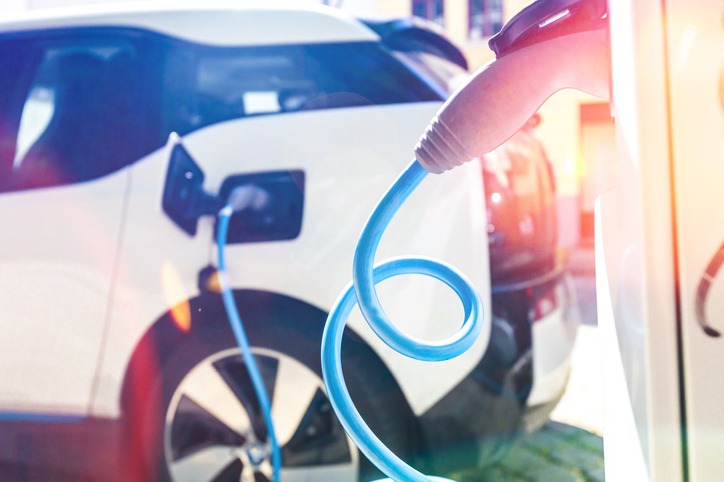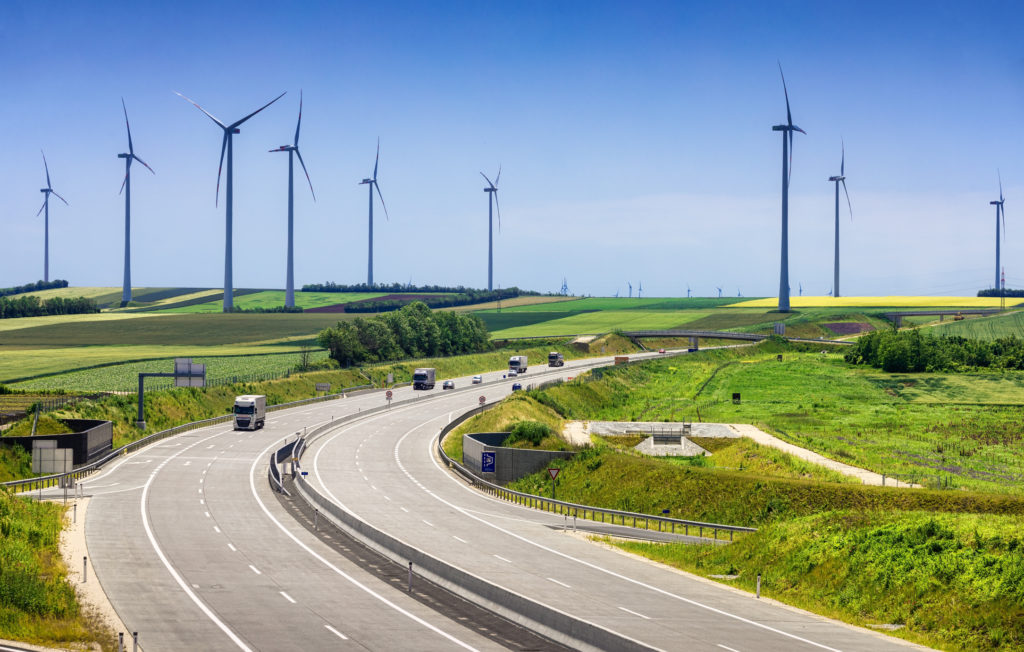Romania to roll out green number plates for zero-emission cars
23 May 2022

Romania will roll out green number plates for zero-emission cars. This includes hydrogen fuel-cell vehicles (FCEVs) and battery-electric vehicles (BEVs) but does not apply to hybrids.
The Romanian ministry of environment made the announcement in the Official Gazette in late April, with the new measures coming into force by July. Those owning zero-emission cars may request the new licence plates, while newly-registered cars are reportedly going to receive the green number plates automatically.
‘In making non-polluting vehicles more visible in traffic, we will facilitate the creation of a framework to grant these vehicles certain facilities: free parking, access to low-emissions zones, tax deductions, local authorities, especially in large urban sprawls, they will have a very useful instrument to work with,’ said Romanian Transport Minister, Tánczos Barna.
Incentivising cleaner mobility
Romania is increasingly pushing for electromobility by offering grants for the purchase of electric vehicles (EVs). While there is a clear disparity between Eastern and Western Europe in uptake, Romania provides relatively high subsidies for electric cars. BEV buyers benefit from an incentive of €10,000, while plug-in hybrids are subsided with around €4,500.
On the back of these incentives, EV adoption in Romania has grown. BEVs alone reached a share on the new-car market of around 7% in the first quarter of 2022, up from 2% from a year earlier. This is considerably higher than other Eastern European countries, but still sits below the wider European average of 12% reported in the first three months of the year.
The country follows other European states by introducing green number plates for zero-emission cars. Poland, Ukraine, and the UK already use these types of licence plates, which are typically designed to raise awareness of electric cars, with the aim of incentivising drivers to switch to zero-emissions vehicles.
The plates make it easier for vehicles to be identified as zero-emission and can help local authorities set up policies that encourage people to drive cleaner cars. Benefits can include free or cheaper parking, as well as cost-free entry into zero-emission zones.
More EV charging needed
With the number of EVs growing on Romanian roads, expanding charging infrastructure is key. However, the European Automobile Manufacturers’ Association (ACEA) found that there is a serious lack of EV charging points in the EU, with Romania scoring among the states with the least number per 100km. ACEA warned that citizens in countries such as Romania might still have to travel 200km or more to find a charger.
‘The infrastructure is poor to begin with and as Romanian cities are full of tower blocks, the local specifics do not allow for the fast rollout of charging stations to sustain BEV growth,’ commented Ulmis Horchidan, chief editor at Eurotax in Romania (part of Autovista Group).
‘Because of short ranges, long charging times, and limited charging stations, residual values are low. People are not exactly tripping over each other to purchase BEVs, especially used ones,’ Horchidan added.
However, plans are underway to grow the country’s charging network. Enel X Romania, part of Enel Group, is helping to expand the charging infrastructure around Bucharest, while other companies such as E.On are also installing EV charging points.
Romania has also drawn attention from other international businesses. Canada-based Rock Tech Lithium is eager to bolster its presence in Europe and is looking to invest €400 million to build its second European lithium-converter site in Romania. The converter will refine lithium-bearing rock into high-purity lithium hydroxide – a key component for the EV industry.



